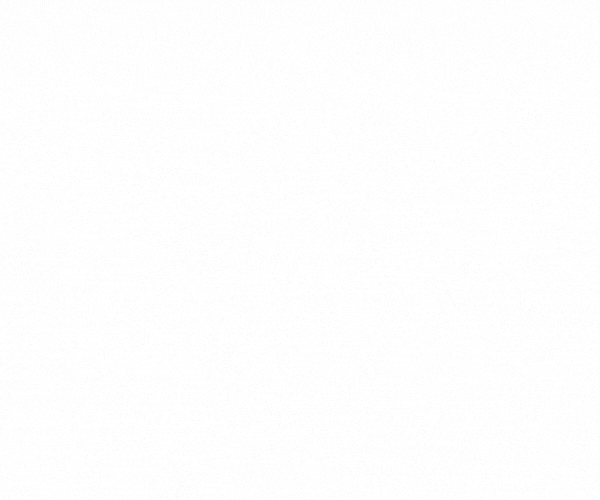
The one-of-a-kind literature program at Patrick Henry College imparts a deeper understanding about history, theology, philosophy, science, mathematics, and literature because it is built on top of a robust, 63-credit requisite classical Christian liberal arts curriculum. There is not another program like it.
PHC's literature program uses the same approach to education that gave us the founding fathers—and Western Civilization.
It is an education that cultivates a deeper understanding of one's own human condition, one's ultimate reality as part of God’s creation, and even a clearer understanding of what one's role is to play in that great story.
This approach to the study of literature does not leave one with merely a "piece of paper" at the end of four years. Study in literature at PHC has very practical application in any number of fields because it offers students a philosophical context that allows them to better understand the world we live in—our ultimate reality as Christians in the world. Graduates see beyond current events, the implications of those events, and the likely outcomes of those events.
Part of this cultivation of the human experience is exploring and studying the great works of Western and classical literature. The power of literature is found in understanding and exploring our fundamental human experience. In the words of Dr. Steven Hake, Professor of Literature: “Literature is fun. It’s delightful. One of the basic purposes of literature has always been to entertain, and anything that is genuinely entertaining has value. The other answer is that literature teaches us many things. It not only delights, it instructs.” Storytelling acts like a mirror, helping people make sense of life through plot conflicts and characters that reveal complex human nature.
Dr. Hake is a pillar of the Literature program, and strives to help his students see the importance of studying literature for their own personal and spiritual growth. As mentioned above, the Literature program is built on top of a 63-credit core curriculum that fosters love of learning through studying classical literature, among other subjects. Much of the program is dedicated to studying contemporary and classical authors, as well as in-depth analysis of their great works. Of his hopes for Patrick Henry College’s literature program, Dr. Hake said,
After many years of teaching at a secular university, I saw more and more clearly that the great concern of most of my students was to complete the requirements of the course, get the grade they wanted, get academic credit, get their degree and get out. What they wanted was not knowledge, insight, understanding and mental growth—satisfying answers to their deepest questions.
"My hope for Patrick Henry College students is the same hope that I have for myself and for my own children: that they will become, if they are not already, independent learners.”
The Literature program at Patrick Henry College builds a foundation for literary awe through learning from the greatest authors and poets in classical and modern Western history. Dr. Hake explained how literature teaches students to become immersed in understanding the biblical nature of humanity, saying, “We can say that literature presents human experience; it doesn’t discuss it. It shows; it doesn’t tell. It appeals to our senses and to our feelings as well as to our minds. It enables us to see, hear and feel characters in action. In a sense, it recreates experience. A philosopher might write a book explaining to us the defects of the philosophy called “utilitarianism”; but Charles Dickens, as a writer, wrote a novel, Hard Times, in which he exposed concretely, through a story, the problems with utilitarianism. He enables us, in this way, not only to understand the problems with our minds, but also to see and hear them with our senses and feel them with our hearts as well.”
The holistic study of literature, undergirded by the strong classical liberal arts program at PHC, affords students a deeper understanding of the world—moral absolutes, one's mortality, and one's responsibility to God and others.
Dr. Hake makes a point of encouraging students to both read books and to use their knowledge in order to further the kingdom of God in a loving way. “To conclude, enjoy good books, but don’t make an idol of them,” Dr. Hake said. “Knowledge puffs up, but love builds up. That is why it is so important to love God with our minds in the context of loving Him with our heart, soul and strength. Godly balance is all important. Keep God and His Book as foundation, starting point and center always. Finally, don’t, like the Dead Sea, simply take without ever giving. When we listen and read we are receiving from others. This is excellent, but there is a time to speak and to write—to give and to share. This can be done in lots of ways and lots of contexts. Some sample ways? Recommend good books, whet people’s appetites, share the gist of a good book or a helpful insight, read aloud, share your enthusiasm or how you have benefited in some way from a life of thoughtful reading.”




